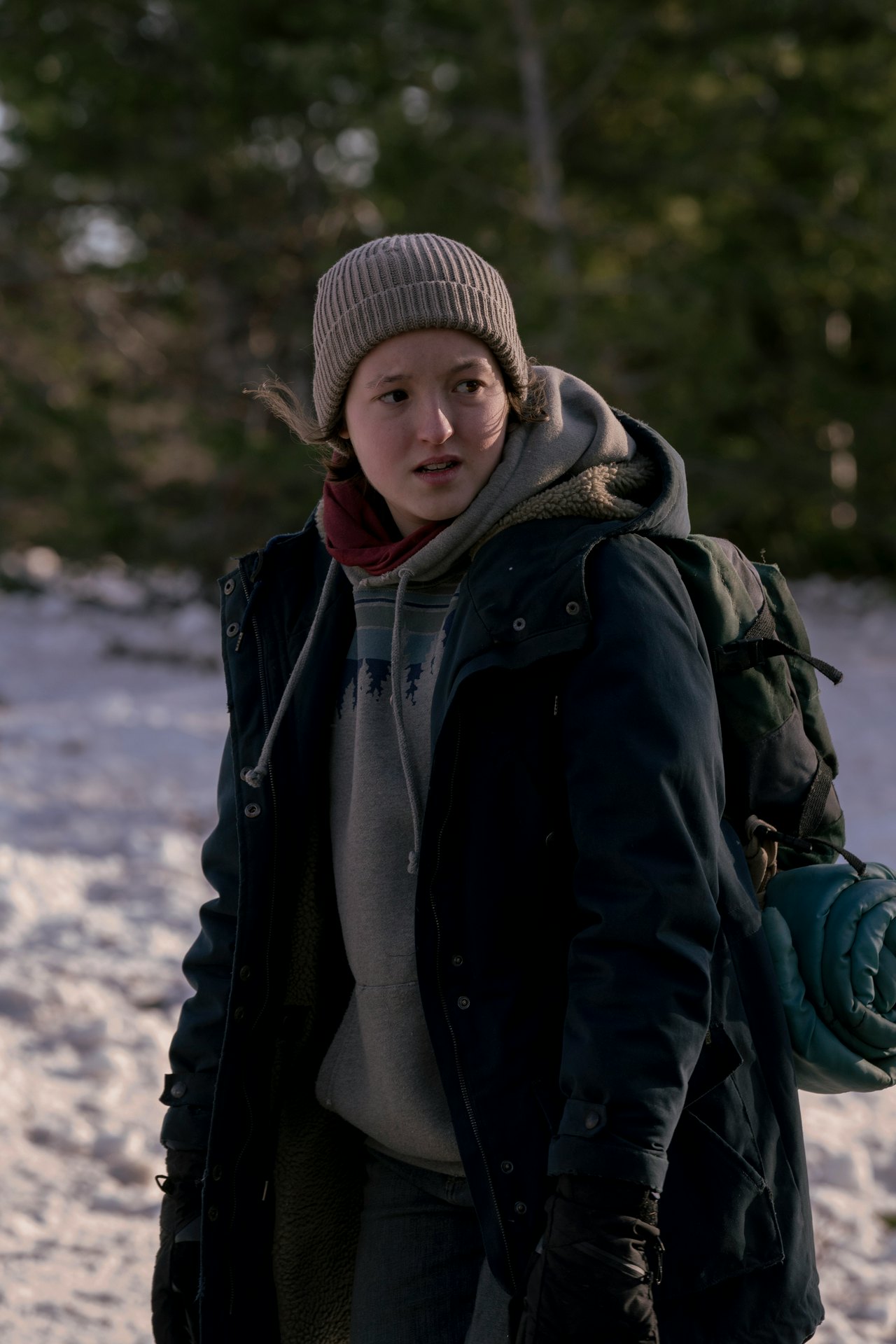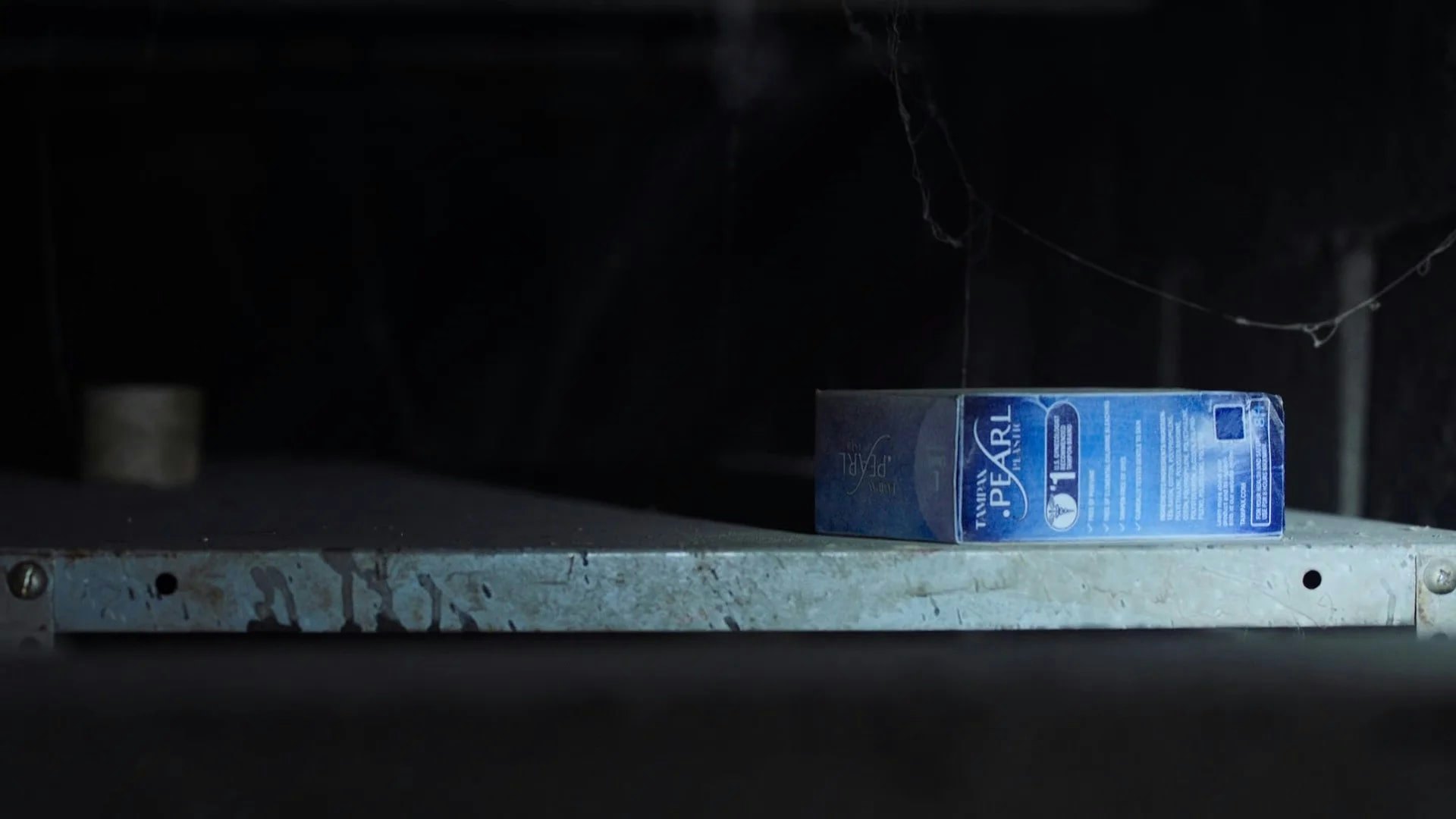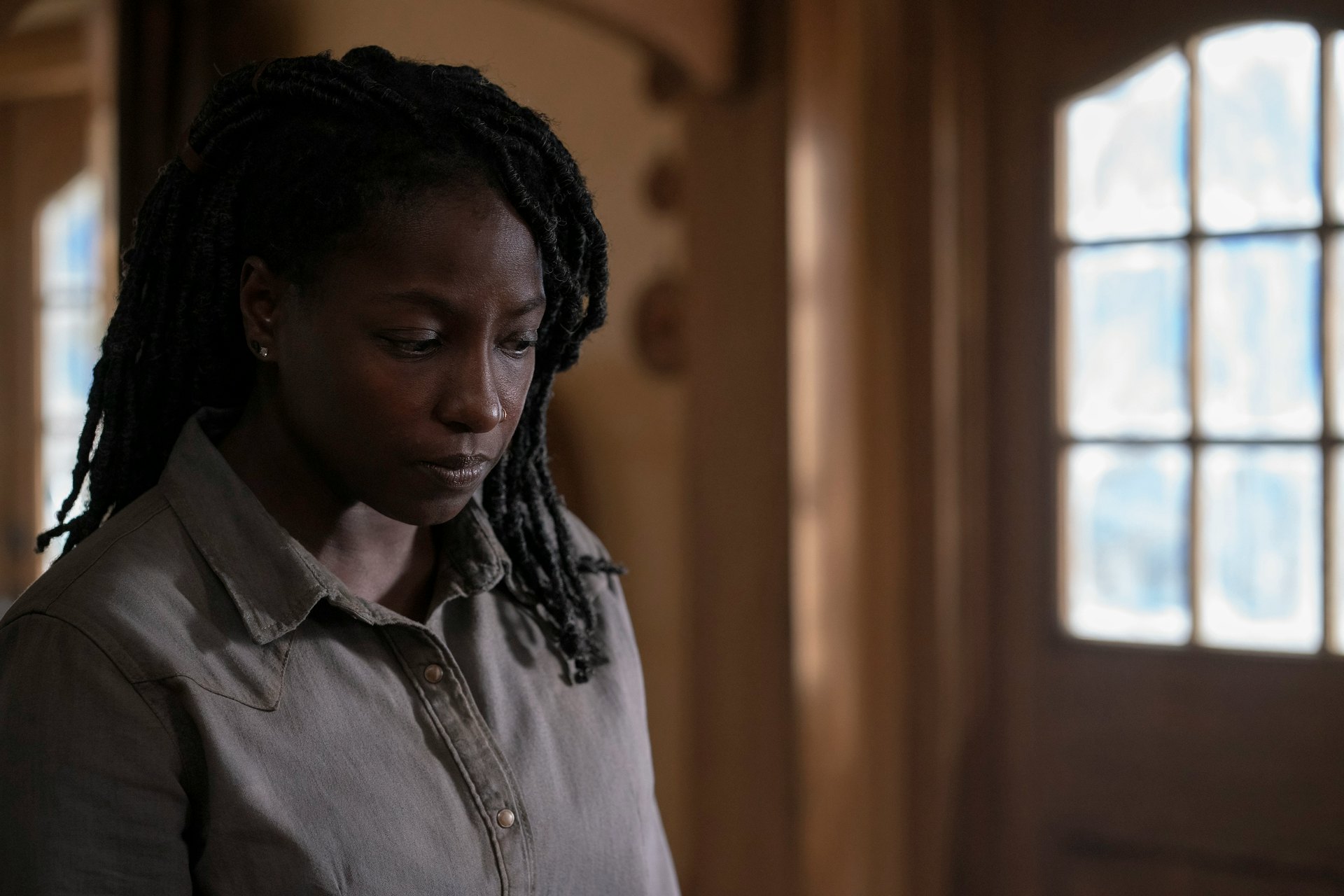
Post-apocalypse stories have a lot of questions to answer: what happened to cause the apocalypse? How are people still eating today? Do vehicles still work? What form does the government take? How do people have their medical needs met?
But one of the questions rarely answered in these stories is one of basic feminine hygiene. Despite affecting a large portion of characters in these projects, it often goes completely ignored. That is, until The Last of Us Episode 6 doubles down on answering this question out in the open — even if it makes some people uncomfortable.
In Episode 3, Joel and Ellie explore an old convenience store. Ellie tries to find things to loot, but Joel says the place is “pretty picked over.” But while checking out a back room, she finds a box of tampons, the ultimate score for a 14-year-old girl. (Just to quell any complaints about the usability of 20-year-old tampons, doctors suggest they should be stored in a “cool, dark place in the original packaging” — the exact circumstances Ellie found them in.)

It seemed like nothing more than a cute little worldbuilding moment, but Episode 6 doubles down on this when Maria gives Ellie a pile of supplies, including new clothes, a warm coat, and a menstrual cup. Of course the menstrual cup is the period care of choice for the post-apocalyptic world: it’s reusable and non-absorbent, so there’s no chance of it degrading with time.
Period care and typically feminine hygiene issues go woefully ignored in post-apocalyptic stories. How many times have you seen male survivors in TV shows with grizzly beards but all the female characters still manage to have perfectly bare legs and underarms? Where are all the characters in The Walking Dead getting an endless supply of tampons and pads? It seems like the only time these aspects are acknowledged in survival settings is when the cast is mostly female, like the survivors in Yellowjackets boiling rags to use in lieu of pads.

Many fans may consider this part of the series to be too much information, but if we see Ellie take toilet paper from Bill and Frank’s place, why not show this other important part of hygiene? It’s a part of life, much like showering or finding clean clothes, and should be considered an equal part of survival.
While Episode 3 may have been a nod to this huge part of life, Episode 6 cements it as an element the creators took into serious consideration — something other showrunners, especially cis male ones, should factor into their process. How Ellie handles menstruation on the road may not factor into the plot, but it’s an essential part of worldbuilding.
New episodes of The Last of Us air Sundays on HBO.







